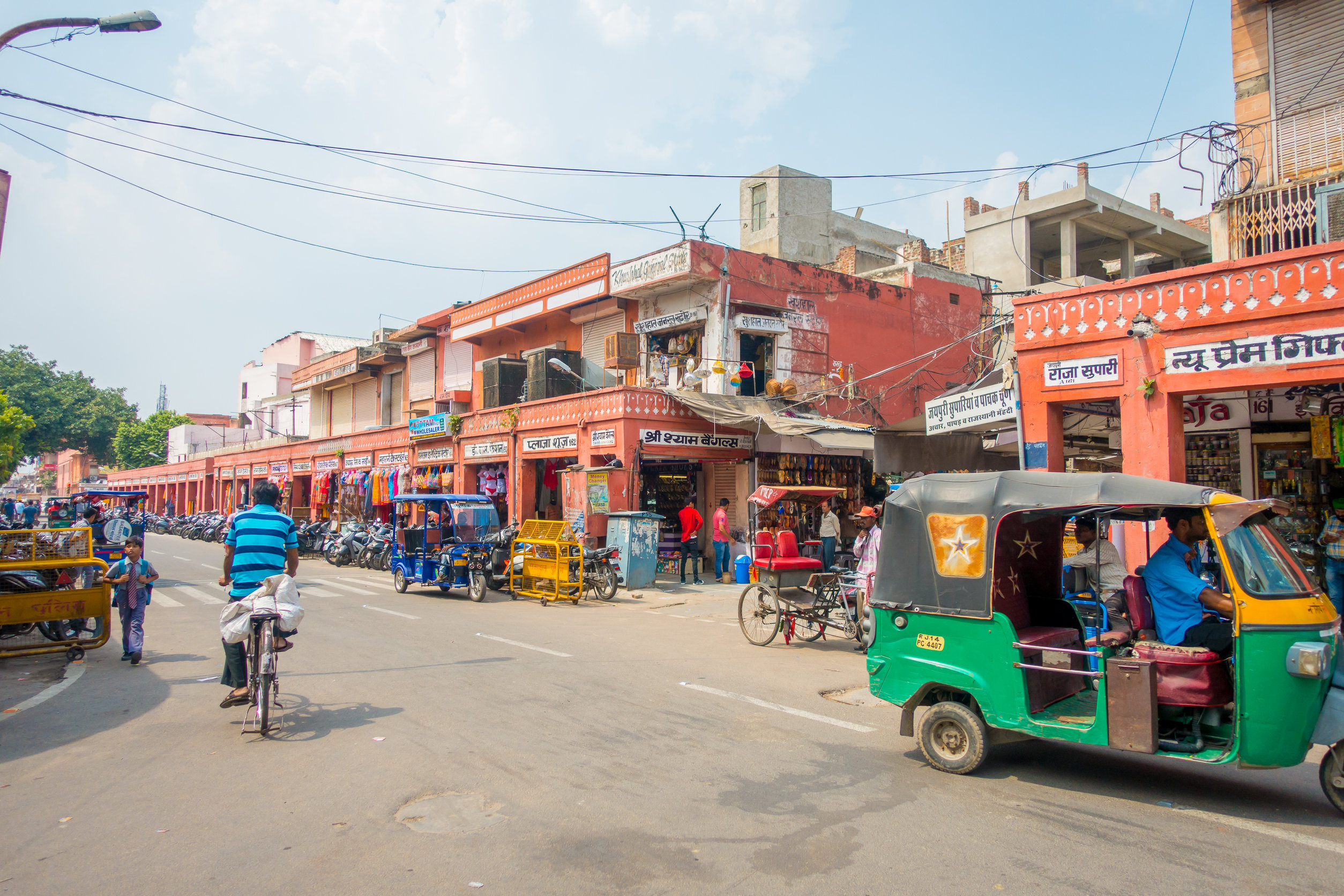Trade unions in India say minimum wage hike “not enough”

The minimum wages for workers in Delhi have been raised after the Dearness Allowance (DA) – a component of the wage structure – was increased, according to an order issued by deputy chief minister Manish Sisodia who also oversees the labour and employment department in Delhi.
The raising of the DA is a bi-annual move done routinely in April and October by revising the rates of the Variable DA (VDA) component based on the average consumer price index number for the preceding period of six months.
After the increase this time, the monthly salary of unskilled workers in Delhi has been increased from Rs15,908 (US$214.0) to Rs16,604 (US$223.4); while that of semi-skilled workers from Rs17,537 (US$236.0) to Rs17,693 (US$238.1); and that of skilled workers from Rs19,291 (US$260.0) to Rs19,473 (US$262.0).
The rate of minimum wages for supervisor and clerical employees has also been increased. The monthly salary of non-matriculation employees has been increased from Rs17,537 (US$236.0) to Rs17,693 (US$238.1), the monthly salary of matriculated but non-graduate employees has been increased from Rs19,291 (US$260.0) to Rs19,473 (US$262.0). The monthly salary of labourers with graduate and above educational qualification has been increased from Rs20,976 (US$282.2) to Rs21,184 (US$285.0),” the Aam Aadmi Party (AAP) government said in a statement.
READ: India’s first National Employment Policy to create more jobs
The recent hike in the DA is, however, nothing but an “act of sprinkling salt on the wounds of the workers,” Anurag Saxena, general secretary, Centre of Indian Trade Unions (CITU) – Delhi unit said, adding that the increase will not provide any relief to the workers mostly due to “increasing instances of retrenchments, and skyrocketing price rise,” of essential commodities, according to Newsclick.



